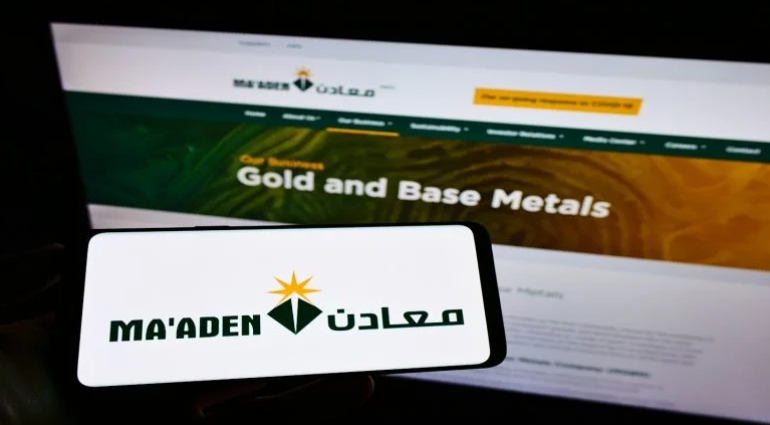
The selected partner will work with Ma’aden to optimise mining and processing of Saudi Arabia’s vast mineral resources.
Ma’aden expects to finalize its choice by the end of June. The selected company will partner with Ma’aden to develop plans for a rare earths processing plant and a magnet production facility within Saudi Arabia. Together, they will assess optimal approaches to extract and process the kingdom’s extensive mineral resources, with the study projected to conclude by December.
Last year, Saudi officials updated the estimated value of the nation’s mineral reserves to $2.5 trillion (SR9.38 trillion), reflecting the significant inclusion of rare earth elements. While Ma’aden and MP Materials have not provided statements, Lynas confirmed it is engaging with various emerging rare earths firms worldwide. Shenghe and Neo, among the contenders, bring expertise in both rare earths processing and magnet manufacturing.
Rare earths, a group of 17 similar metals, require intricate and environmentally demanding refining processes. Efforts continue globally to improve the efficiency of separating these materials. China currently leads the rare earths refining sector, handling nearly 90% of global capacity, making Saudi Arabia’s initiative a notable step in diversifying supply sources.
This mining focus supports Crown Prince Mohammed Bin Salman’s Vision 2030, a plan to broaden the economy beyond oil dependency. Saudi Arabia is enhancing its position in the global minerals supply chain through substantial investments and partnerships. Under its National Investment Strategy, the kingdom intends to allocate $9.32 billion for smelting projects with India’s Vedanta and China’s Zijin.
The nation’s sovereign wealth fund supports Lucid, a US electric vehicle manufacturer that opened a facility in Saudi Arabia in 2023. Additionally, the kingdom has signed agreements with Hastings Technology Metals and Critical Metals for rare earth and lithium developments. In February 2025, Ma’aden raised $1.25 billion through its first Islamic bond issuance, contributing to its $12 billion expansion strategy through 2030.
This partnership effort highlights Saudi Arabia’s commitment to leveraging its mineral wealth to meet growing global demand for critical materials, particularly in sustainable technologies.